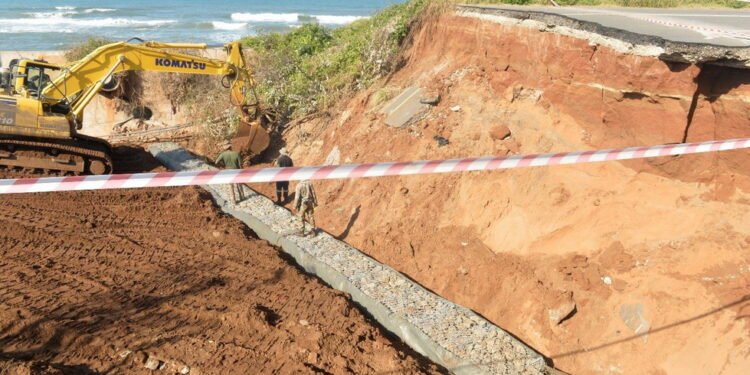
The City of Cape Town is the hardest hit by extortion, the Global Initiative Against Transnational Organized Crime (GI-TOC) has found.
“The Western Cape, an economic hub with a long history of gang violence and extortion, is particularly hard hit. The City of Cape Town is host to a menacing shadow economy, with money, services and goods being extorted from an increasingly wide range of businesses, including spaza shops, nightclubs, construction and transport companies, as well as individuals,” GI-TOC found.
The organisation said while the issue was widely reported in the media, the reality of the situation is far more serious than is perhaps realised.
“Extortion is growing rapidly and spreading throughout the city, and the groups involved are highly organised. The range of sectors and people affected is widening: from street vendors selling their wares in Mitchells Plain or Khayelitsha, to the owners of bars and restaurants in the city centre; from construction companies building roads or houses, to municipal workers and contractors providing basic services. In certain parts of the city, even private vehicles have become targets.”
The GI-TOC has identified four main extortion economies:
The central business district (CBD) night-time extortion economy. While initially focused on the city’s night-time economy, extortion activities have expanded to include other businesses, such as restaurants and coffee shops.
Cape Town’s construction mafia. These groups target infrastructure projects and the construction sector. Methods have been copied and adapted from KwaZulu-Natal, and similar extortion practices have spread to other parts of the country.
The transport extortion economy. This has long existed within the minibus taxi industry in Cape Town, but has expanded in an unprecedented way to include buses, private transport and even private vehicles.
The township enterprise extortion economy. This focuses on formal and informal businesses and individuals operating particularly in the Cape Flats, including the townships of Khayelitsha, Gugulethu and Nyanga. It also targets municipal workers and contractors.
Read the full story on ProtectionWeb here.









